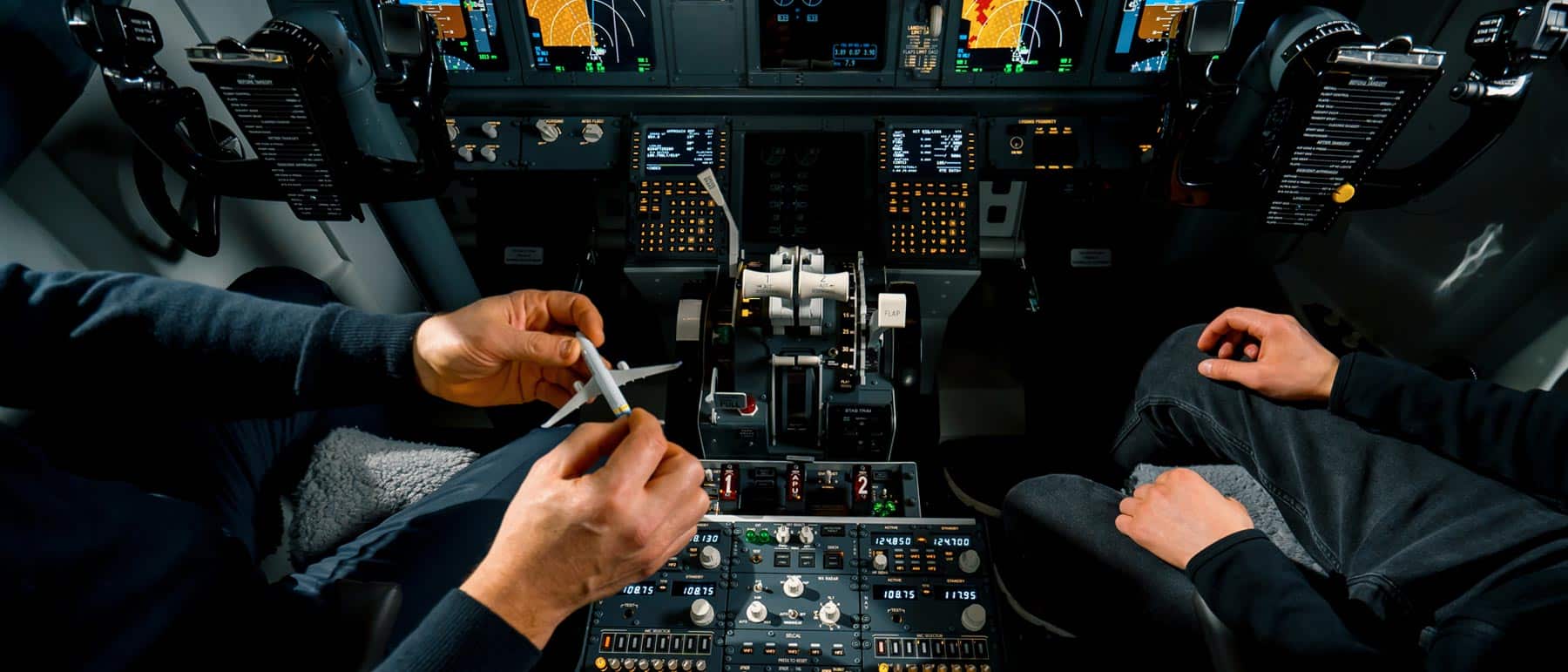The founder’s dilemma: to be king or to be rich
Every entrepreneur faces a fundamental choice sooner or later: do you keep all control in your own hands (the ‘king’), or do you allow investors in for faster growth (the ‘rich’)? Robin De Cock believes that success starts with being honest with yourself: what do you really want to achieve? At Brauzz, Lowie Vercraeye chose a hybrid model and only worked with investors who shared their sustainable vision. Anouk Schoors emphasizes that investors mainly look for founders with vision and a willingness to collaborate.
Self-knowledge as a foundation
Self-knowledge is crucial. Investors can quickly see through a façade. Robin De Cock encourages students to reflect on their personal values and how these align with their business idea. During his education, Lowie Vercraeye learned to focus on his strengths and to attract others who complement his weaknesses. Anouk Schoors always asks founders about their three biggest weaknesses—honesty about this, she says, is the foundation of good leadership.
The entrepreneur’s drive
Motivation goes beyond money. Lowie finds his drive in making an impact and building something lasting. Anouk observes that the strongest entrepreneurs have intrinsic motivation: they want to solve a problem or drive change. Robin confirms that entrepreneurs with a clear purpose are more resilient and less likely to give up when facing setbacks.
Authenticity and vulnerability
Vulnerability is a strength, not a weakness. Anouk values founders who are open about what they do not know and who dare to ask for help. Lowie noticed that being honest about challenges actually attracts the right partners. Robin sees that the most convincing pitches are not the most perfect ones, but the most authentic.
The importance of community and network
Entrepreneurship is often lonely. That’s why Anouk advocates for a ‘well-being board’—a group of people who support you not only in business but also personally. Lowie discovered that many people are willing to help if you just ask. Robin observes at AMS that alumni, students, and experts strengthen each other by sharing experiences.
Profit and purpose: not a contradiction
According to the panel, the future of entrepreneurship lies in uniting profit and societal impact. Anouk believes that companies with a clear purpose will ultimately be the most successful. Robin sees that impact-driven startups grow faster and build stronger customer trust. Lowie points to the importance of scalability: sometimes you have to lower margins to reach more people, which pays off in the long run.
Alternatives to traditional venture capital
Robin advises being critical about external financing: do you really need it, or can you bootstrap first with subsidies and loans? Lowie used all non-dilutive options before bringing in investors. Anouk sometimes advises founders to explore other sources of funding first if they are not yet ready for investors. Start fundraising early so you don’t have to make decisions out of necessity.
Conclusion
Entrepreneurship requires self-knowledge, resilience, transparency, and a strong network. Those who know their own motivation, are authentic, and dare to ask for help increase their chances of sustainable growth. As Robin summarizes: “Entrepreneurship is not a sprint, but a marathon. It’s not about who grows the fastest, but who endures the longest and stays true to their mission.” Lowie adds: “Authenticity is your greatest strength. Be honest, ask for help, and stay true to your values.” Anouk concludes: “The future belongs to entrepreneurs who unite profit and purpose and build communities, not just companies.”
References
- Wasserman, N. (2012). The Founder’s Dilemmas: Anticipating and Avoiding the Pitfalls That Can Sink a Startup. Princeton University Press.
- Cardon, M. S., Wincent, J., Singh, J., & Drnovsek, M. (2009). The nature and experience of entrepreneurial passion. Academy of Management Review, 34(3), 511-532.
- Deci, E. L., & Ryan, R. M. (2000). The “what” and “why” of goal pursuits: Human needs and the self-determination of behavior. Psychological Inquiry, 11(4), 227-268.
- Webinar: AMS Impact – Entrepreneurship with positive impact: How to stay the course in a profit-driven world (2025). Antwerp Management School.
